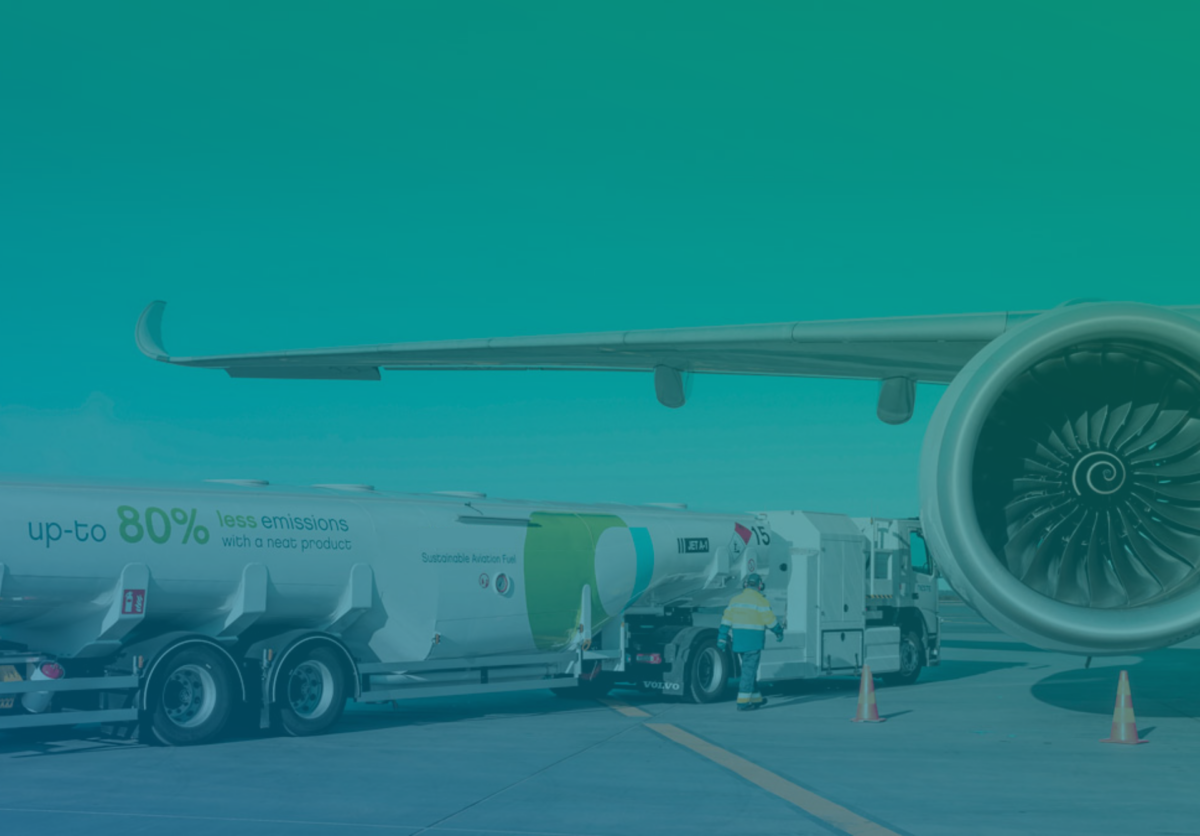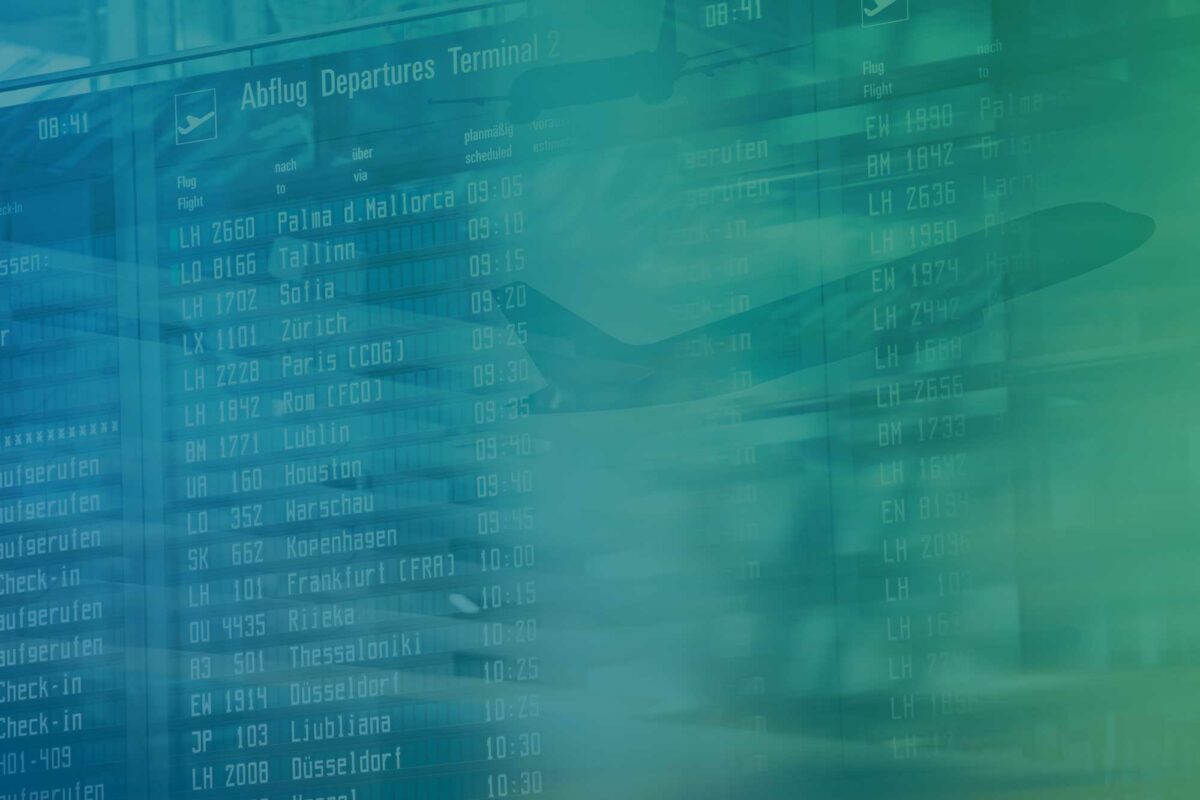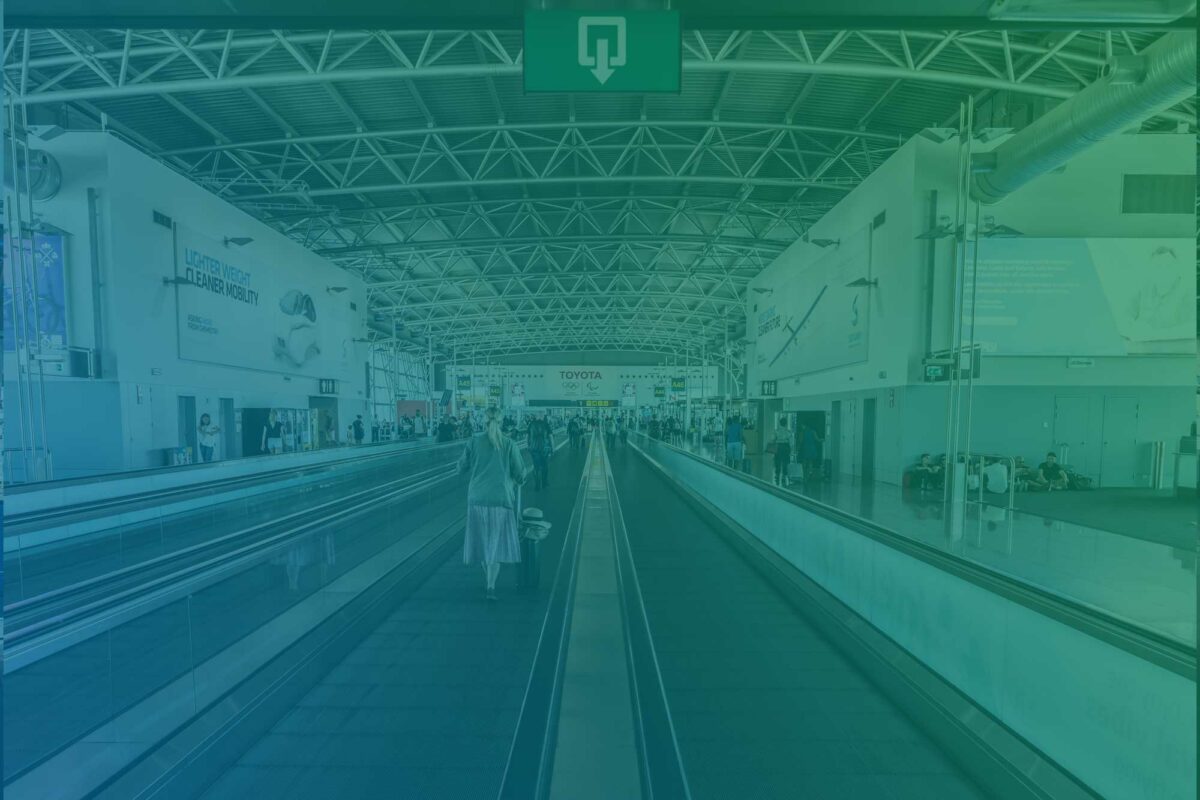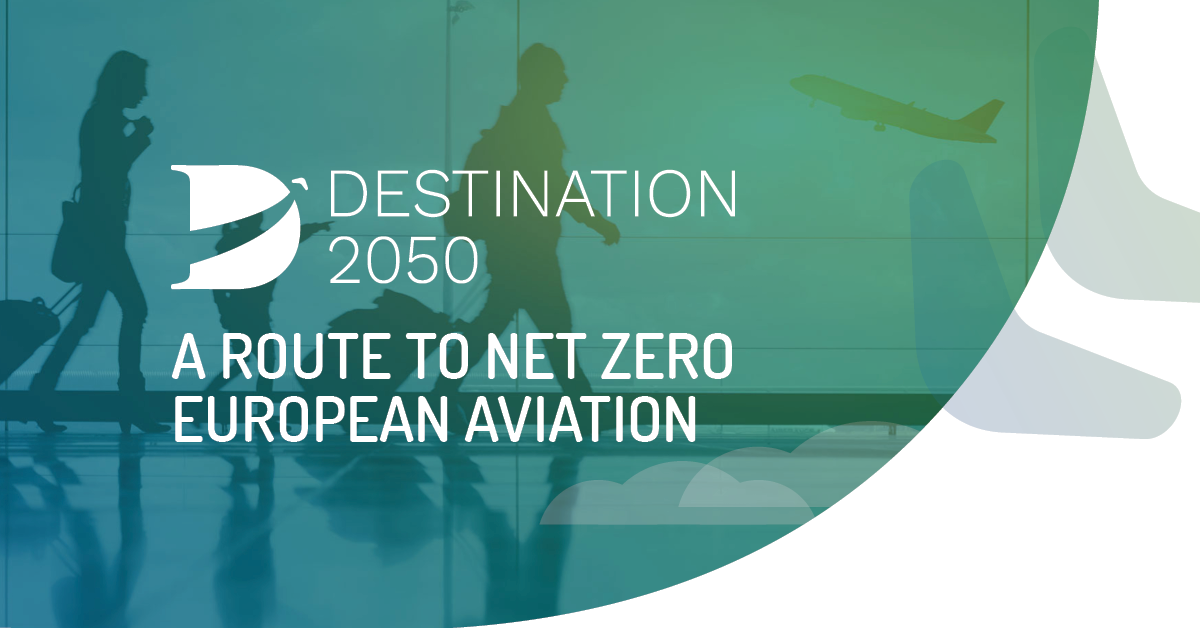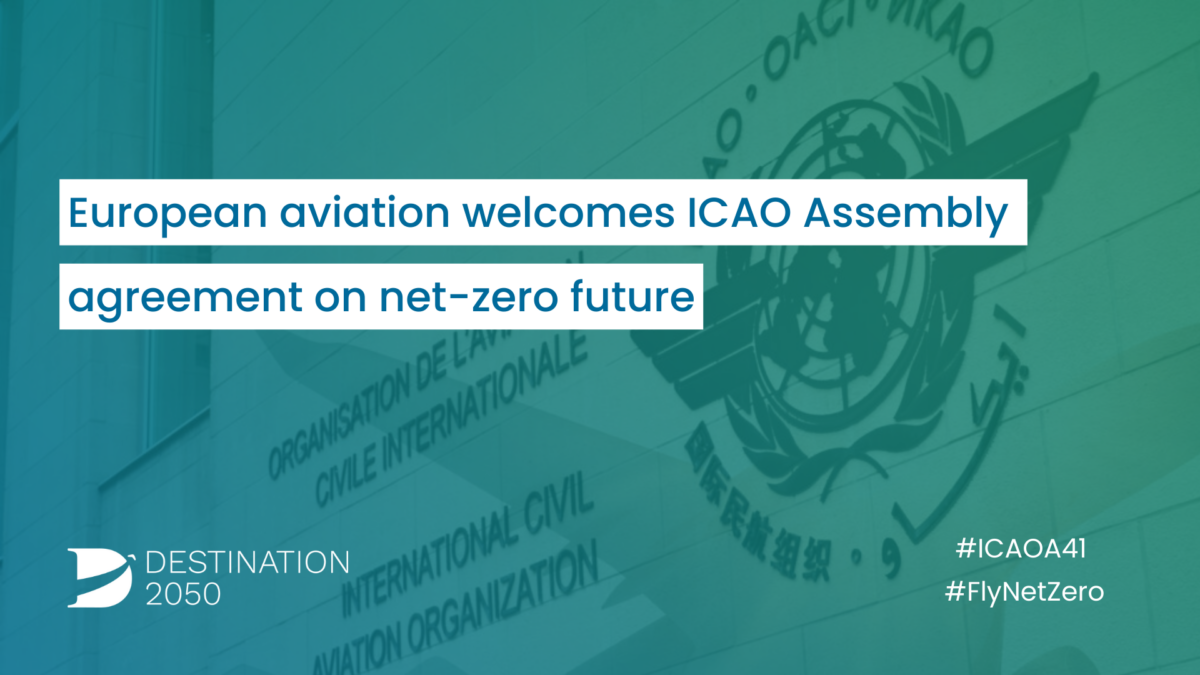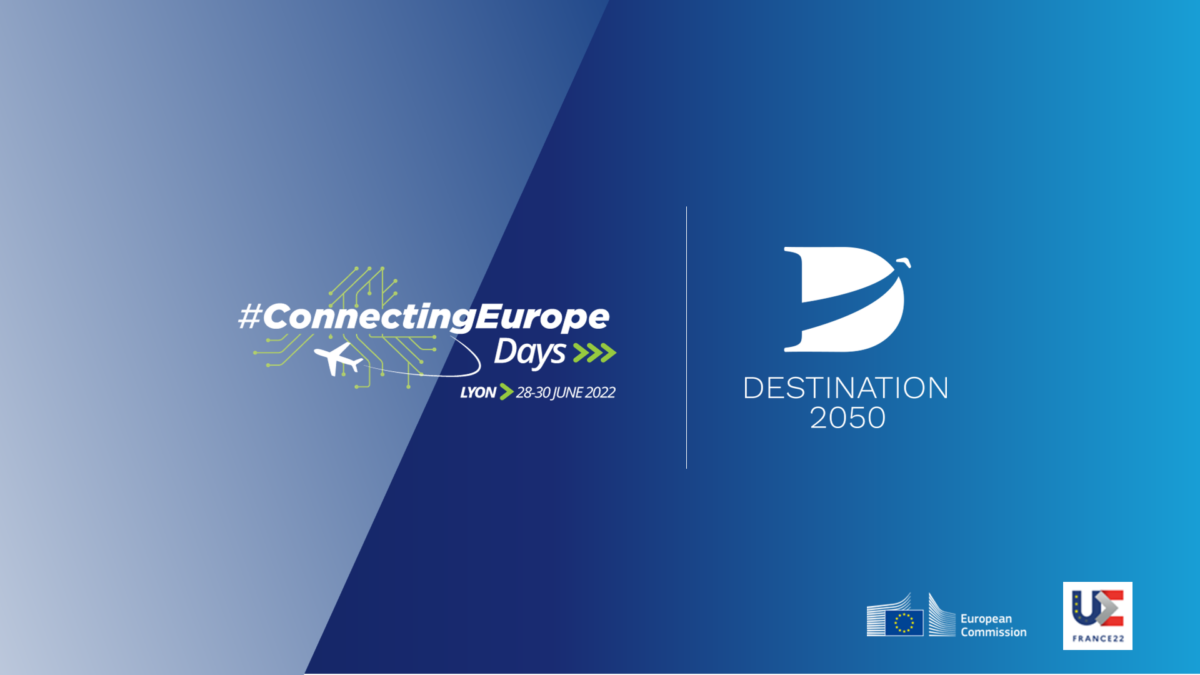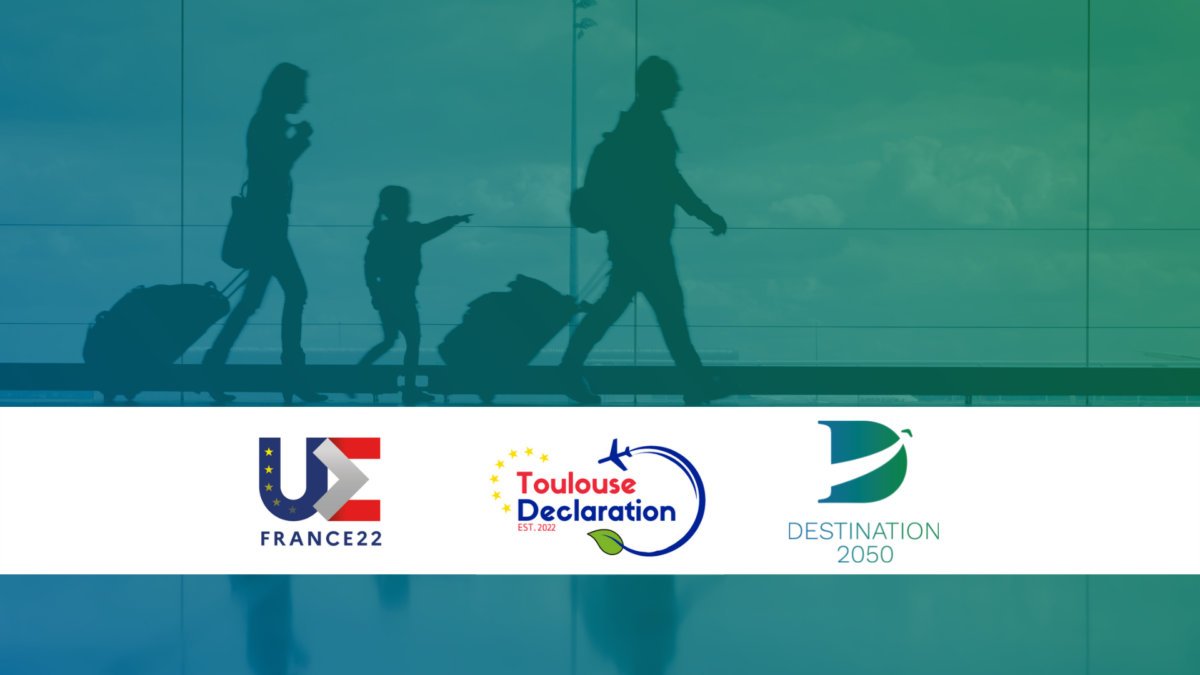- First-ever public-private initiative supporting aviation’s decarbonisation goals signed by over 35 European countries and 146 industry stakeholder groups in Toulouse, including the five leading European aviation associations 1 represented through Destination 2050
- Declaration fully aligns with the sector’s collective European and global initiative to achieve net zero CO2 emissions by 2050 2
- Destination 2050 partners reiterate their call for a structured dialogue between policy-makers and industry via an “EU Pact for Aviation Decarbonisation”, with concrete policy as well as financial measures to support aviation’s green transformation
- Paves the way for the UN’s ICAO to deliver on strengthened climate goals at 2022 Assembly
Toulouse / Brussels, 04 February 2022 – The Destination 2050 associations and their members today endorsed the “Toulouse Declaration” – the first-ever public-private initiative setting a joint vision and supporting European aviation’s goal to reach net zero CO2 emissions by 2050. This is also the first joint initiative of its kind globally, aligning all European stakeholders on the principles and actions needed to decarbonise and transform its aviation sector, representing a true breakthrough.
The Destination 2050 decarbonisation roadmap was launched in 2021 by Europe’s five leading aviation associations, representing airlines, airports, aerospace manufacturers and air navigation service providers. It lays out a joint industry long-term vision with the same net zero CO2 emissions objective, consistent with the EU’s long-term climate goals and the Paris Agreement.
Next step: An EU Pact for Aviation Decarbonisation
The Destination 2050 partners now expect the Toulouse Declaration to be translated into a structured dialogue and concrete policy action. Industry is already transitioning to a decarbonised future through improvements in aircraft and engine technologies, the development of sustainable aviation fuels, improvements in air traffic management and aircraft operations, as well as through efficient economic measures. An effective policy, regulatory and financial framework is needed at European and national level to support and accelerate this transformation. The Destination 2050 partners therefore call on the European Commission and EU Member States who have signed today’s Declaration to develop and support as a next step an EU Pact for Aviation Decarbonisation. In this Pact, Member States and the Commission should commit toa structured dialogue with industryto review and complement the Fit for 55 legislative package with concrete and timely supportive measures, including:
- Public and private funding to channel investments, R&D and innovation into decarbonisation and a more sustainable aviation ecosystem — including through European partnerships such as the Alliance for Zero Emission Aviation, Alliance for Renewable and Low Carbon Fuels Value Chain, Clean Aviation, Clean Hydrogen and SESAR Joint Undertakings — and by including relevant aviation activities into the EU taxonomy for sustainable finance;
- Initiatives and incentives for:
- Earmarking of revenues from ETS to support concrete decarbonisation activities within the civil aviation sector;
- More sustainable airport infrastructure, operations and related services including through Airport Carbon Accreditation;
- Public incentives for the deployment of sustainable aviation fuels;
- Fleet renewal coupled with aircraft retirement, and for bringing zero-emission aircraft to the market by 2035 — including through the supply of green hydrogen and electricity (and its deployment via related airport infrastructure);
- A more sustainable, network-centric, modern and digital Air Traffic Management system through the Single European Sky and SESAR.
Beyond Europe: Stepping up global ambition & action
The Declaration’s supporters have also committed to working with the UN’s International Civil Aviation Organisation (ICAO) towards the adoption of an ambitious “long-term aspirational goal” (LTAG) for aviation which is consistent with efforts to reach net zero CO2 emissions in 2050. The adoption of such a goal would take place during ICAO’s 41st Assembly in September 2022.
Aviation is a global business, and a strong global framework should be established and put into action to enable aviation’s decarbonisation to happen on an international scale, matching Europe’s ambition while at the same time preserving a level playing field and international competitiveness.
For more information, visit www.destination2050.eu
1 Airlines for Europe (A4E), Airports Council International Europe (ACI EUROPE); European Aeronautics, Space, Defence and Security Industries Association (ASD); European Regions Airline Association (ERA); Civil Air Navigation Services Organisation (CANSO)
2 See Destination 2050 and Waypoint 2050
ENDS
About ACI EUROPE (Airports Council International)
ACI EUROPE is the European region of Airports Council International (ACI), the only worldwide professional association of airport operators. ACI EUROPE represents over 500 airports in 55 countries. Our members facilitate over 90% of commercial air traffic in Europe. Air transport supports 13.5 million jobs, generating €886 billion in European economic activity (4.4% of GDP). In response to the Climate Emergency, in June 2019 our members committed to achieving Net Zero carbon emissions for operations under their control by 2050, without offsetting.
About ASD Europe
ASD is the voice of European Aeronautics, Space, Defence and Security Industries, representing over 3,000 companies from 17 European countries with more than 880,000 direct employees. Headquartered in Brussels, ASD actively supports the competitive development of our industries in Europe and worldwide by advocating common positions and providing technical expertise to public institutions and member companies. The European aerospace, defence and security industries are a key enabler of a sustainable, technologically sovereign and resilient Europe. As high technology and strategic domains, they are global drivers of innovation. For more, visit www.asd-europe.org and follow us on Twitter @ASDEurope
About Airlines for Europe (A4E)
Launched in 2016, Airlines for Europe (A4E) is Europe’s largest airline association, based in Brussels. The organisation advocates on behalf of its members to help shape European aviation policy to the benefit of consumers, ensuring a continued safe and competitive air transport market. A4E is one of the initiators of European aviation’s Destination 2050 decarbonisation roadmap, with a pledge to reach net zero CO2 emissions from all flights within and departing Europe by 2050. In 2019, A4E members carried more than 720 million passengers via a modern fleet of over 3,000 aircraft – accounting for more than 70 per cent of the continent’s journeys. Members with air cargo and mail activities transport more than 5 million tons of goods each year to more than 360 destinations either by freighters or passenger aircraft. Current members include Aegean, airBaltic, Air France-KLM Group, Cargolux, easyJet, Finnair, Icelandair, International Airlines Group (IAG), Jet2.com, Lufthansa Group, Norwegian, Ryanair Holdings, Smartwings, TAP Air Portugal, TUI and Volotea. Follow us on Twitter @A4Europe.
About Civil Air Navigation Services Organisation (CANSO)
The Civil Air Navigation Services Organisation (CANSO) is the global voice of air traffic management worldwide. CANSO Members support almost 90 percent of world air traffic. Members share information and develop new policies, with the ultimate aim of improving air navigation services on the ground and in the air. CANSO represents its Members’ views in major regulatory and industry forums, including at ICAO, where it has official Observer status. CANSO has an extensive network of Associate Members drawn from across the aviation industry. For more, visit www.canso.org.
About European Regions Airline Association (ERA)
Founded in 1980, European Regions Airline Association (ERA) is a non-profit trade association representing over 60 airlines and around 150 companies involved in European air transport and is the only association representing the entire spectrum of companies involved in European aviation. The association promotes the interests of European airlines by lobbying European regulatory bodies on policy matters, promoting the social and economic importance of air transport and its environmental commitments.
Media Contacts
ACI Europe
Virginia Lee, Director of Media and Communications
Email: virginia.lee@aci-europe.org
Phone: +32 2 552 09 82
ASD
Adrian Schmitz, Communications Director
Email: adrian.schmitz@asd-europe.org
Phone: +32 473 13 33 30
A4E
Jennifer Janzen, Communications Director
Email: Jennifer.Janzen@a4e.eu
Phone: +32 499 82 82 94
CANSO
Johnny Pring, Manager Europe Policy and Advocacy
Email: johnny.pring@canso.org
Phone: +32 493 53 61 24
ERA
Paula Bangle, General Manager Business Development & Communications
Email: paula.bangle@eraa.org
Phone: +44 1276 485558

